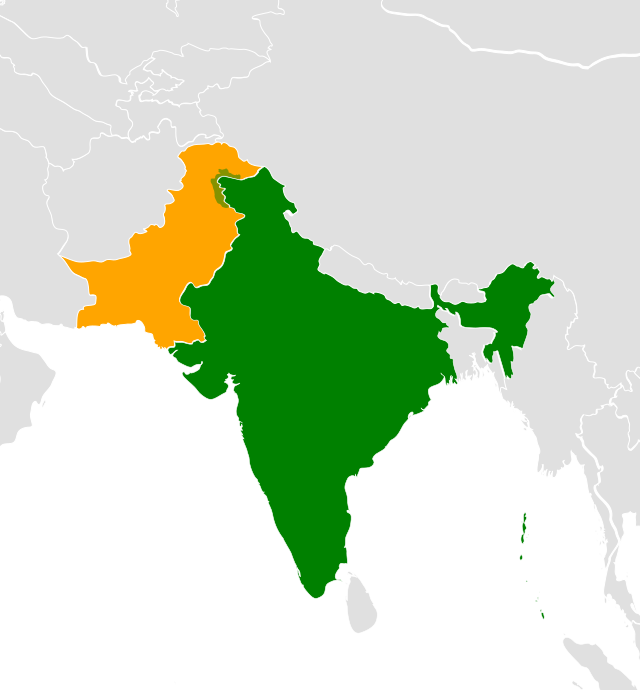On March 20, people around the globe come together to recognize and celebrate the International Day of Happiness amidst life’s struggles. This day serves as a reminder of the importance of happiness and well being in our day to day lives, as it encourages individuals to take action and promote happiness for all. One of the central messages emphasized is that happiness is not entirely dependent on material goods, rather it is gratitude, resilience and inner peace that matters more.
The history of the holiday goes back to 2011, when according to the National Day Calendar, “ The UN General Assembly adopted a resolution that recognized happiness as a fundamental human goal.” The following year in 2012, the UN held their first ever Conference on Happiness, where they established that the International Day of Happiness would be held every year on March 20.
The resolution that the members of the UN came to was initially proposed by the nation of Bhutan, a country which the UN reports “Recognized the value of national happiness over national income since the early 1970s and famously adopted the goal of Gross National Happiness over Gross National Product. [Bhutan] also hosted a High Level Meeting on ‘Happiness and Well-Being: Defining a New Economic Paradigm’ during the sixty-sixth session of the General Assembly.”
In addition, the day can also be considered a call to action for governments and policy makers to put the well being of their citizens first. In the words of the UN, “Governments and international organizations should invest in conditions that support happiness by upholding human rights and incorporating well-being and environmental dimensions into policy frameworks […]. The effectiveness of governments in upholding peace and social order, as well as in the fields of taxation, legal institutions and delivery of public services, strongly correlates with average life satisfaction.” By funding initiatives that nurture aspects such as mental health, environmental sustainability, and social inclusion, governments are able to support happier, more resilient societies.
On the topic of how people interpret the International Day of Happiness, freshman Lukas Billis states, “Personally I didn’t know that this day existed until pretty recently, but I think it spreads a really good message of support and togetherness.” Students and adults alike are encouraged to engage in actions that promote happiness, like showing acts of kindness, or as the organization LiveHappy suggests, creating a Happiness Wall that an entire community can contribute to. Anyone can simply write down something that makes them happy and display it on a board for people to see and add on to. In a world that is torn and divided, happiness is able to unite people from all walks of life.













